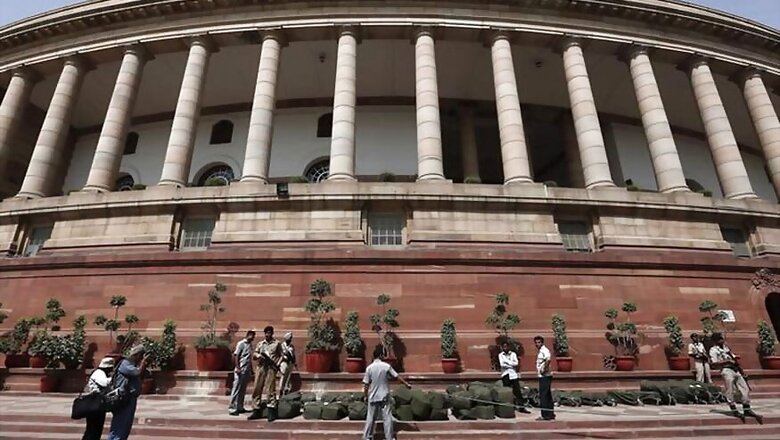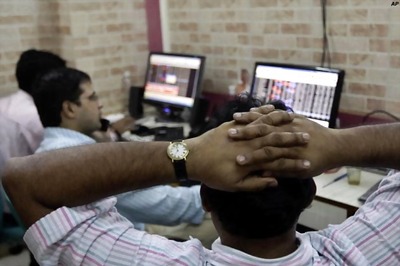
views
New Delhi: Parliament on Thursday passed a bill that will empower the RBI to deal with stressed assets in the banking sector which have soared to Rs 8 lakh crore.
The Banking Regulation (Amendment) Bill, 2017, which was passed by a voice vote in the Rajya Sabha, replaces an ordinance promulgated in May. The Lok Sabha had passed it last week.
Replying to a debate on the bill, Finance Minister Arun Jaitley said that Non-Performing Assets (NPAs) in the public sector banks alone account for about Rs 6.41 lakh crore at end-March.
"It is true that the NPA figure is rising...It has nothing to do with my tenure except that after I took over, the interest (on loans) keeps rising. The interest did not stop on that day. These are all old loans," he said, answering the opposition criticism.
On the issue of wilful defaulters, Jaitley said there is no prohibition on either publishing their names or photographs.
"In fact all the wilful defaulters' names and photographs are published through advertisements," he said but added that normal commercial details are never published. Some members wanted to know why the government itself was not taking action on NPAs, instead of giving the mandate to the RBI.
To this, Jaitley said the RBI is not merely a regulator in India. "If it were, you probably had a valid point".
The measure allows the RBI to initiate insolvency resolution process on specific stressed assets.
The RBI would also be empowered to issue other directions for resolution, appoint or approve for appointment, authorities or committees to advise the banking companies for stressed asset resolution.
Explaining the urgency to bring the new law, Jaitley said it was "already too late" as the capacity of the banks to lend to small creditors is being impacted. "The capacity of banks to support growth is impacted," he said.
Due to this legislation, Jaitley said the banks will soon start "realising the money, assets will not be wasted, the companies will continue to function and the jobs that are there in the company will also be saved".
Jaitley also gave a detailed account of various sectors like steel, power, infrastructure and textiles, which have most NPAs.
Earlier, participating in the debate on the bill, Naresh Aggarwal (SP) said he was against jailing of people for economic offences under the law.
Talking about NPAs, he said power discoms have taken a lot of loan on government guarantee and then failed to return it, which is a big problem now. He criticised the government for not acting swiftly against the people named in Panama paper and those who have been wilful bank defaulters.
N Gokulakrishnan (AIADMK) was of the view that during 2010 to 2016, free import of steel products resulted in adverse impact on the industry and sector fell in debt trap. S S Roy (Trinamool Congress) lodged his dissent, saying that he was against the way the bill was being discussed and would be passed later on.
He asked the government to tell the House about number of criminal proceedings initiated against wilful defaulters. Harivansh (JDU) supported the bill, saying this would help initiate insolvency and bankruptcy against wilful loan defaulters.
Tapen Kumar Sen (CPM) suggested that RBI should be taken out of the picture and banks should be empowered to invoke insolvency proceedings against defaulters. He said that banks should be made directly responsible for dealing with the issue of NPAs and name of 50 defaulters which constitute 80 percent of NPAs should be made public.
Sarojini Hembram (BJD), Veer Singh (BSP) and Narendendra Jadhav (nominated) also supported the bill saying that it should have been done earlier.



















Comments
0 comment